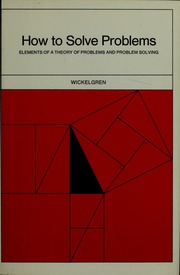I want to thank you.
Your answer really means something to me.
I also expect you to be hard on me. It is the only way to know if I learned it well and deep enough. One thing though. How do you and other people keep the knowledge stored in your brain? Like many things I remember but many things, I forget when things go on. Does it get better if I really deeply know this?
Now I am also at the start of learning physics (I am at the beginning and I am running in the same problems), I follow these steps.
https://www.susanjfowler.com/blog/2016/8/13/so-you-want-to-learn-physics ( I am in the beginning of the first physics book). And they say that after the Calculus I should learn this book
https://www.amazon.de/-/nl/dp/B08S1TB8Z6/ref=tmm_kin_title_0?_encoding=UTF8&qid=&sr= .
So when I really think about it. It hinges on a few things. You say that for example, you would want me to explain the product rule.
And I know I am a weird guy. But I then would learn the proof of the product rule. And I don't think that is not what you want. I think you want me to know it conceptually too. For that, I need insight and deeper knowledge about it (sort of an aha moment).
Now I would need to post here more often and I can't expect you to be there in the process.
So when I think of it. I would rather do Calculus again, but maybe not an almost repeat but maybe learn it more conceptually. I just don't know what book is good for that. That way I increase my chances of learning it deeper.
So that way I would combine Calculus with the more advanced book above and physics.
Does that sound like a good plan?



